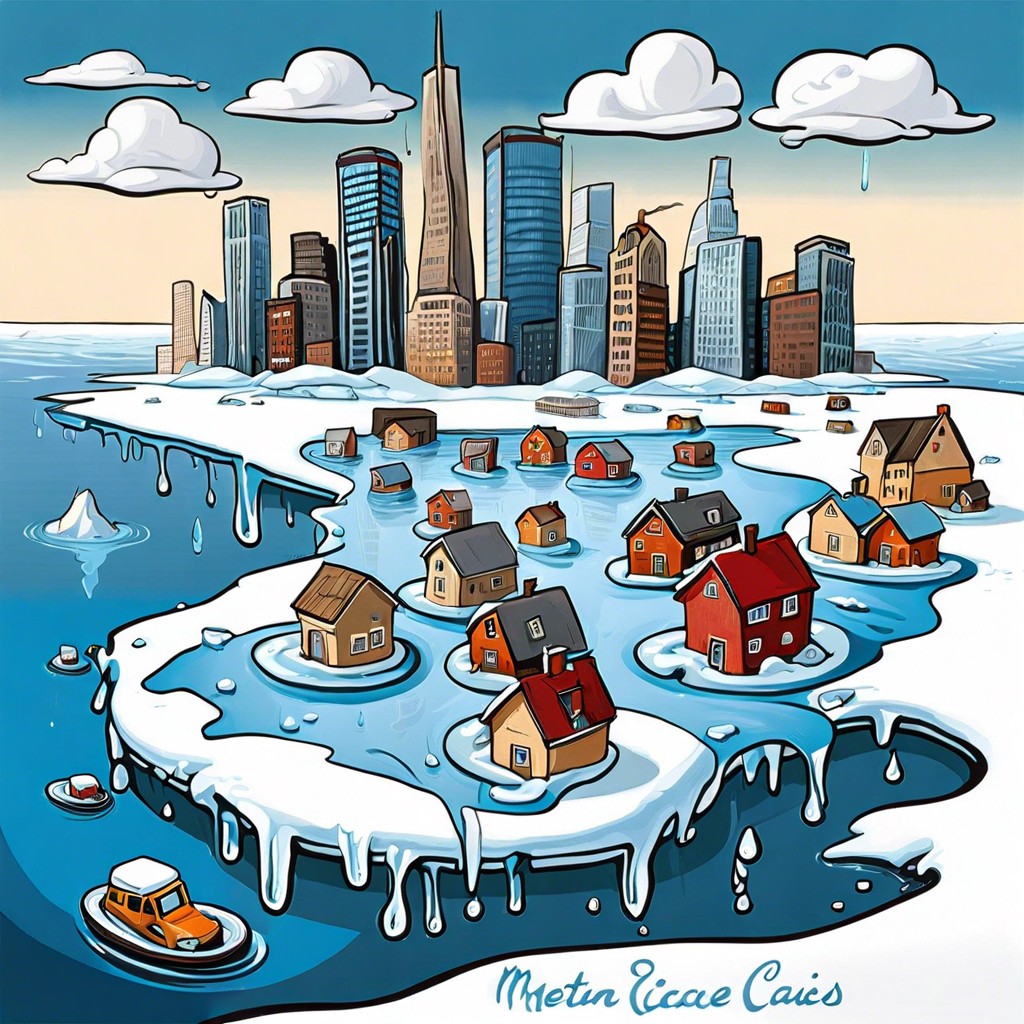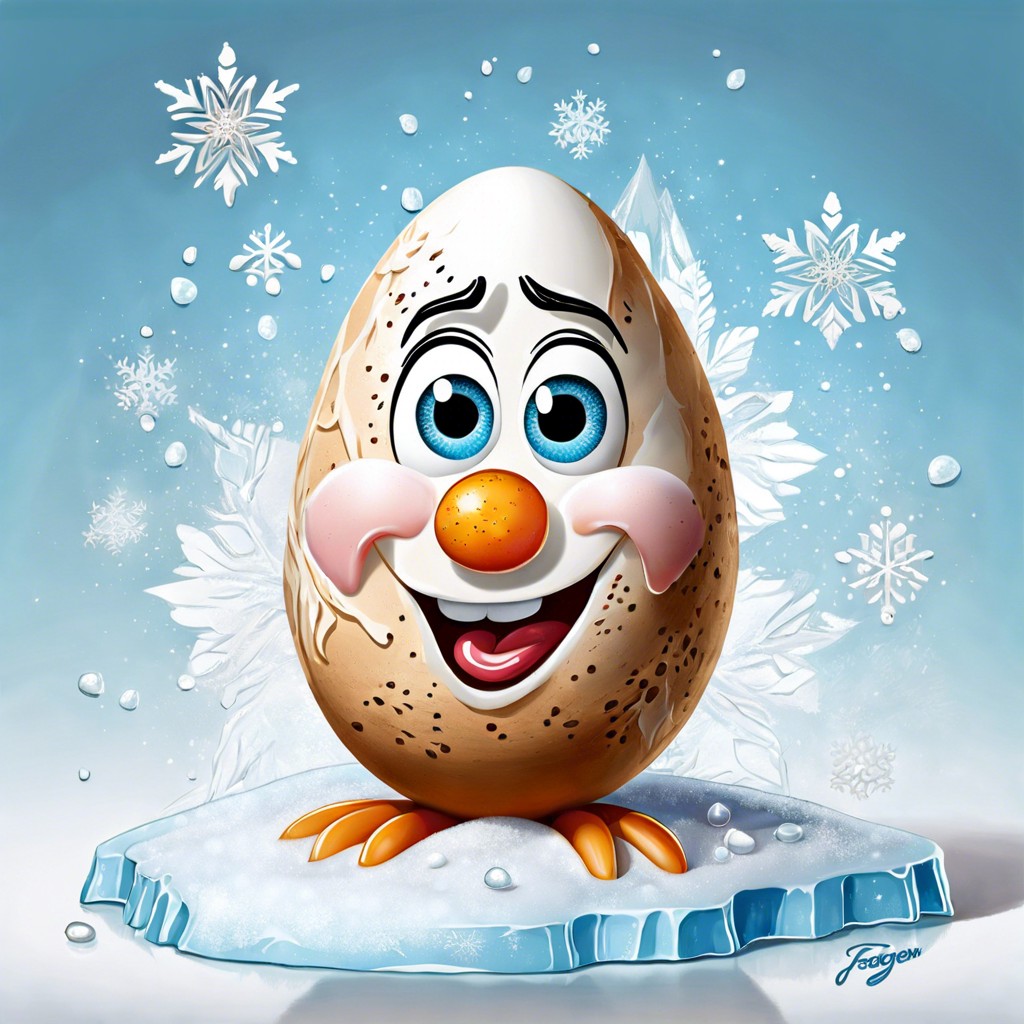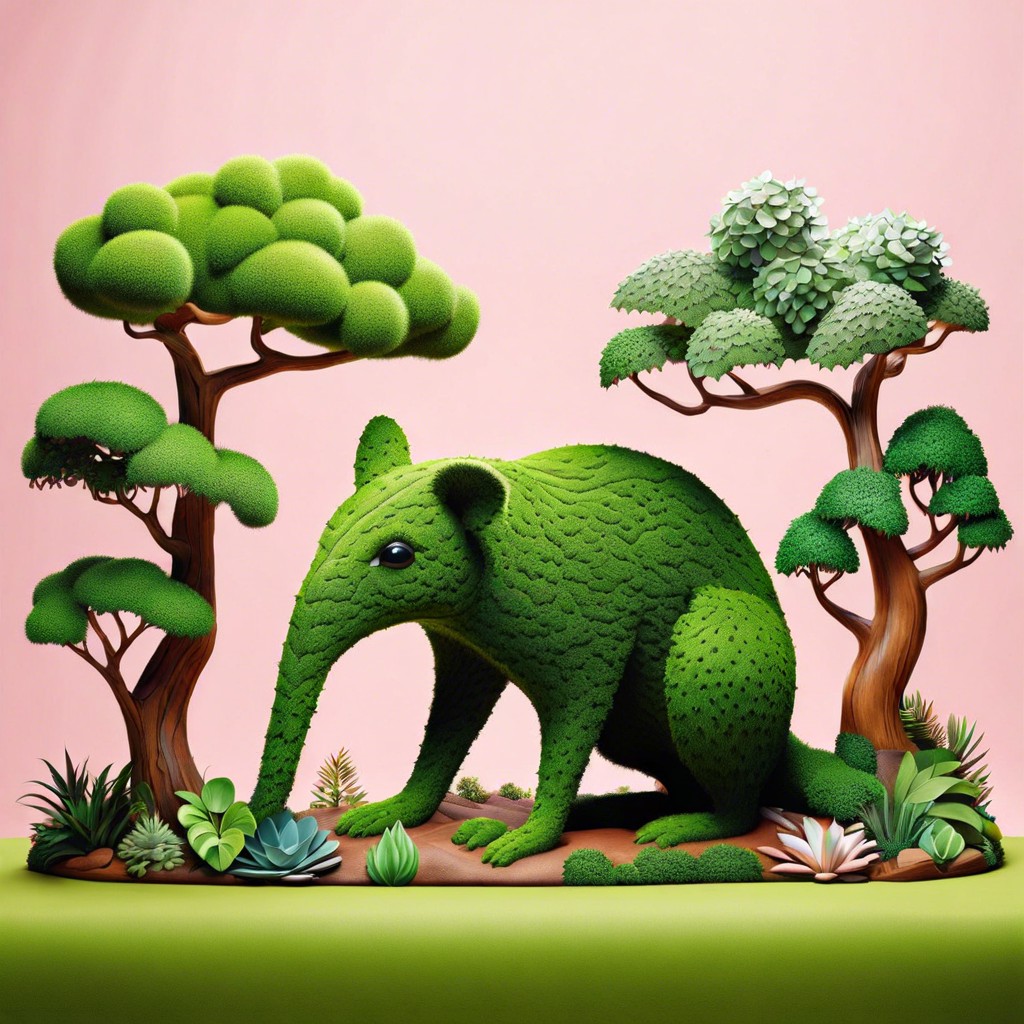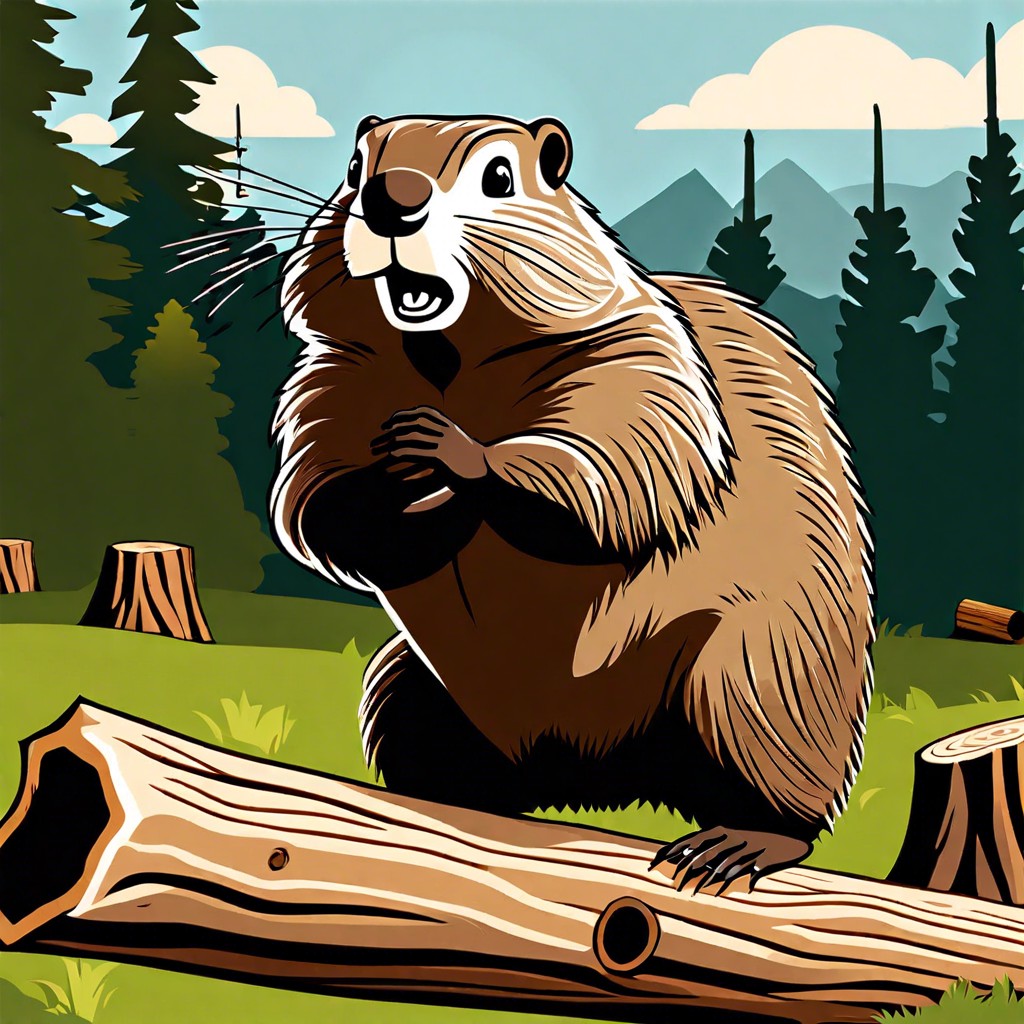If Jupiter and Saturn collided, you’d witness an astronomical spectacle with colossal explosions, gravitational chaos, and a brand-new jumble of space debris.
Ever wondered what would happen if Jupiter and Saturn decided to tango and then disastrously boogie-woogie in the cosmos? Imagine the immediate chaos, the wild swings in our solar system’s orbits, and even Earth shaking off its space dust! This celestial smash-up could rewrite space weather forecasts and unveil mind-blowing scientific secrets. Buckle up, space enthusiasts—this ride through cosmic calamity covers all the juicy details!
Key takeaways:
- Cosmic chaos: explosions, debris, gravitational havoc.
- Space traffic jam: chaotic orbits, asteroid pinballs, celestial disruption.
- Earth’s orbit: nudged, asteroid risks, funky space weather.
- Altered space weather: solar chaos, magnetic storms, meteor showers.
- Scientific insights: planetary formation, core secrets, new compounds.
Immediate Catastrophic Events
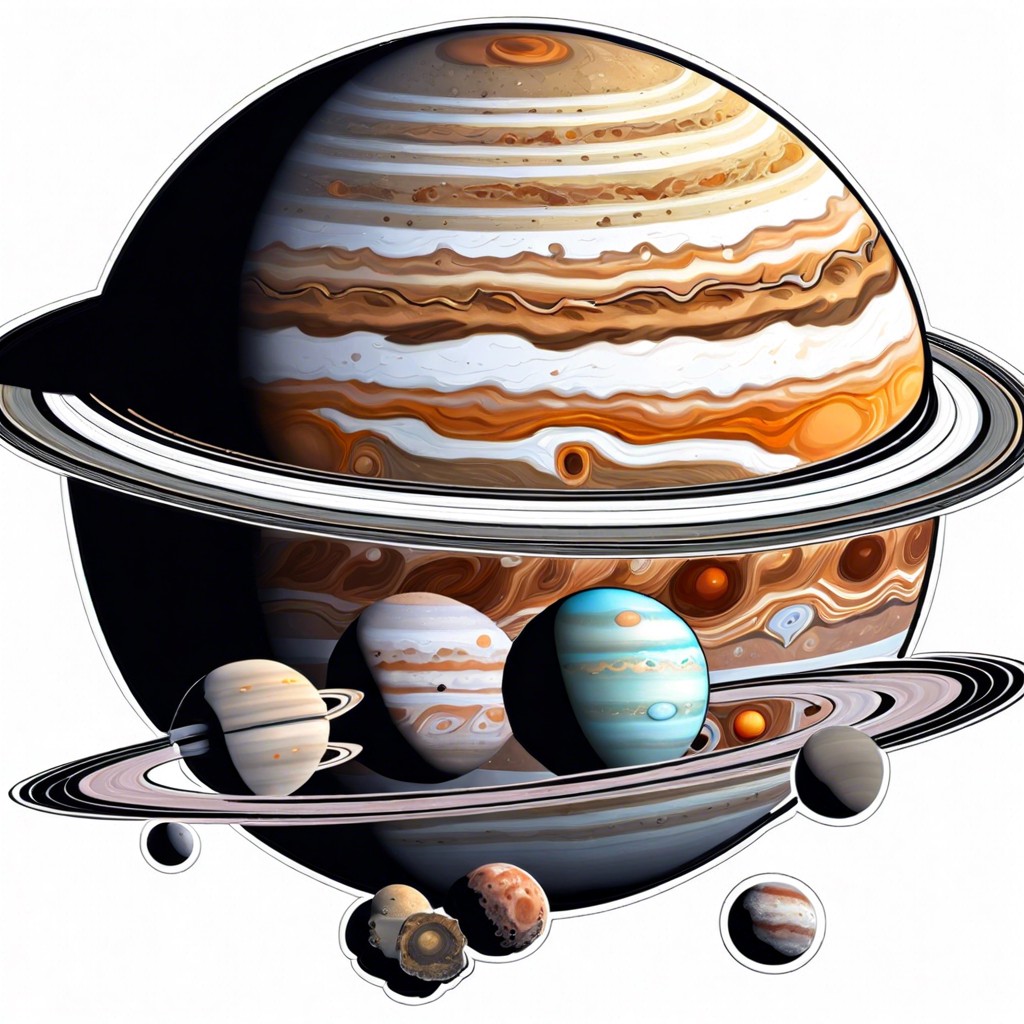
Imagine cosmic fireworks on a scale never seen before. The immediate chaos of Jupiter and Saturn colliding would be akin to two titanic sumo wrestlers clashing in space.
First, massive shockwaves would ripple through the solar system, sending debris in all directions. Think of it as a gargantuan space mallet smashing into a celestial piñata.
Next, the powerful gravitational forces of these behemoths would interact violently. This cosmic tango could unleash energy millions of times greater than the strongest supernova.
Additionally, expect an unprecedented burst of radiation. Not the kind to give you a superpower unfortunately, more like the kind that would fry any spacecraft in the vicinity.
Amidst this mayhem, gases and particles from both planets would mix and create colossal clouds. Picture a psychedelic gas giant stew swirling around!
And let’s not forget, the collision could create new rogue asteroids. Space is about to get a lot busier… and messier.
Effects On the Solar System’s Orbits
Imagine the most colossal space traffic jam ever. Jupiter and Saturn have been like cosmic linebackers, keeping smaller celestial bodies in their lanes. A collision between them would send gravitational shockwaves rippling through the solar system.
Firstly, the orbits of nearby planets would experience a wild ride. Mars might suddenly develop an identity crisis and wander off on a new elliptical path.
Asteroids, those space rocks just hanging out, could get a booster kick, turning them into hyperactive pinballs. The asteroid belt might start looking more like the asteroid mosh pit.
Then there’s the outer planets like Uranus and Neptune. They’d feel the gravitational tug-of-war and might shift closer or farther, making future interplanetary road trips even more confusing.
Comets, usually minding their business with their long tails, could start zooming unpredictably, giving the distant Kuiper Belt and Oort Cloud neighborhoods quite a show.
The whole gravitational equilibrium of our solar system would essentially be up for grabs. Forget about GPS, we might need a whole new cosmic map.
Potential Impact On Earth
First off, the collision would be far away, but don’t break out the margaritas just yet. There’d be ripple effects. The combined mass of Jupiter and Saturn could potentially nudge Earth’s orbit. Imagine our comfortable distance from the Sun turning into an uncontrolled dance move.
Gravity would be having a field day. All those asteroids chilling in the asteroid belt? They could get swung out of place like a cosmic scattershot, possibly headed our way. Brace for impacts.
And let’s not forget about the weather. We’re talking more than just a messed-up umbrella. Space weather could get funky. Charged particles and strange radiation fallout might affect our satellites. Your GPS could have a nervous breakdown.
While Earth itself wouldn’t collide with anything new, the effects on our climate and technology could be significant. Keeping both eyes on the skies would suddenly be a full-time job.
Changes in Space Weather
The colossal smash-up of Jupiter and Saturn would drastically alter space weather. Imagine it: shockwaves and debris scattering across the void, causing interplanetary turbulence galore!
First off, the Sun would get a front-row seat to this chaos. Solar winds could interact with the newly formed debris cloud, resulting in strange and unpredictable solar weather patterns. So long, boring coronal ejections!
Next, massive magnetic storms could be on the rise. The release of enormous amounts of energy from the collision would create disturbances in the magnetic fields, not just around Jupiter and Saturn, but potentially affecting the whole solar system. High-energy particles zipping past us like cosmic mosquitoes? Buzz off!
Lastly, an uptick in meteor showers might brighten our nights. Smaller chunks of debris could wander into Earth’s path, giving us more frequent—and spectacular—meteor displays. Wish upon a star? More like, wish upon a space brawl remnant!
Prepare for a universe no weather channel could accurately predict.
Scientific Discoveries From the Collision
Who wouldn’t want front-row seats to the greatest celestial fireworks show of all time? Beyond the awe, though, imagine the scientific goodies:
Picture astronomers furiously taking notes as they study the collision’s aftermath. The insights into planetary formation would be priceless. Think of it: massive data on what happens when gas giants merge. It’s like the ultimate lab experiment, minus the lab coats and safety goggles.
It could also unlock secrets about their cores. Are they solid or gaseous mishmashes of hydrogen soup? The energy released could lay bare these monstrous interiors, finally answering a question that’s kept scientists awake at night.
Dust and debris from the crash might form new celestial bodies or rings, giving clues about our early solar system’s chaotic days. Ah, the nostalgia!
Lastly, imagine discovering new elements or compounds formed under such extreme conditions. We’re talking about mind-bending chemistry that would turn even the most jaded periodic table enthusiast giddy with excitement.
Wouldn’t you be glued to the telescope?
